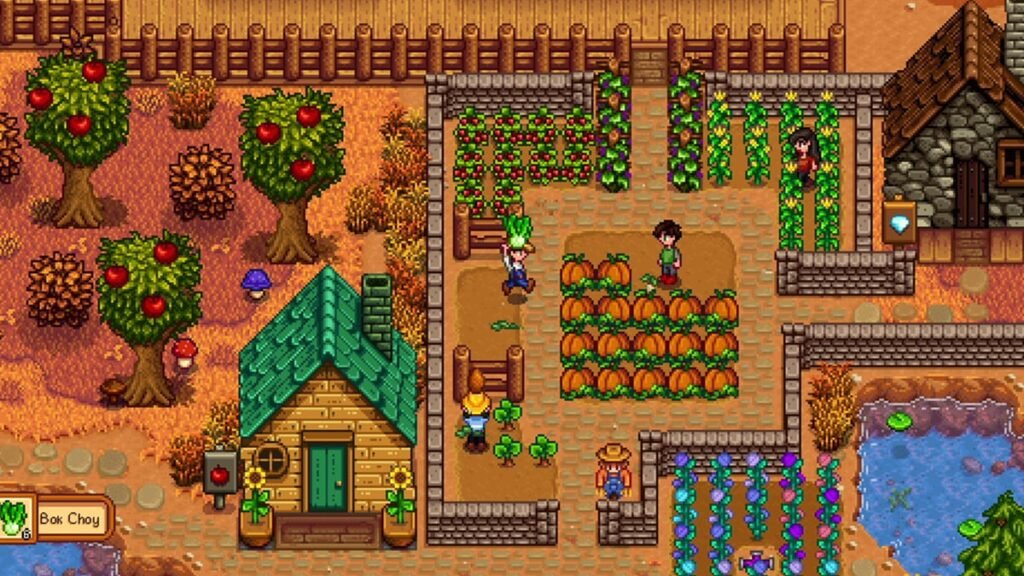Introduction
Appeal of Life Simulation Games. Life simulation games have carved out a unique niche in the gaming world, allowing players to step into virtual lives and create their own stories. From managing relationships to building homes, these games offer an escape into a world where players can experiment with different lifestyles, make choices, and explore endless possibilities. But what makes life simulation games so appealing? This article delves into the factors that draw players to this genre and keeps them coming back for more.
The Power of Choice and Control
One of the key appeals of life simulation games is the power of choice. In these games, players have the freedom to make decisions that shape their characters’ lives. Whether it’s choosing a career, forming relationships, or decorating a home, the control players have over their virtual world is immense. This level of autonomy allows players to explore different paths and outcomes, offering a sense of empowerment that can be both satisfying and therapeutic.
Example: The Sims series, one of the most popular life simulation games, gives players the ability to control every aspect of their Sims’ lives. From career choices to personal relationships, players can create and manage a life that mirrors their own aspirations or experiments with new possibilities.
Escapism and Relaxation
Life simulation games also provide a form of escapism. In a world that can often be stressful and demanding, these games offer a peaceful and controlled environment where players can unwind and immerse themselves in a different reality. The routine tasks and slow-paced nature of many life simulation games can be calming, providing a break from the fast-paced demands of everyday life.
Example: Games like Animal Crossing: New Horizons offer a tranquil, real-time experience where players can focus on simple pleasures like fishing, gardening, and interacting with friendly neighbors. The game’s relaxing atmosphere and charming visuals create a stress-free environment that encourages players to take their time and enjoy the moment.
Creative Expression
Creativity is another major draw of life simulation games. Many of these games offer extensive customization options, allowing players to express themselves in ways that may not be possible in real life. From designing homes to creating unique characters, players can let their imaginations run wild and bring their ideas to life in a virtual space.
Example: In Stardew Valley, players can design and manage their own farm, choosing what crops to grow, how to arrange their buildings, and even which animals to raise. The game encourages creativity and experimentation, offering players a canvas on which to create their ideal rural life.
Emotional Investment and Storytelling
Life simulation games often encourage emotional investment. Players develop attachments to their characters and the stories they create, making the experience more meaningful and engaging. The open-ended nature of these games allows for personal storytelling, where players can craft narratives that resonate with them on a personal level.
Example: The Sims allows players to create multi-generational stories, with each new generation bringing its own challenges and triumphs. The game’s ability to reflect real-life experiences and emotions makes it easy for players to become emotionally invested in the lives of their Sims.
Social Interaction and Community
Life simulation games also foster social interaction, both within the game and in the real world. Many games offer multiplayer options or online communities where players can share their creations, exchange ideas, and connect with others who share their interests. This sense of community adds another layer of enjoyment to the experience.
Example: Animal Crossing: New Horizons includes online features that allow players to visit each other’s islands, trade items, and even celebrate events together. The game’s emphasis on community and connection has made it a popular choice for players looking to stay connected with friends and family.

The Appeal of Routine and Progression
The structured routine of life simulation games appeals to players who enjoy a sense of progression. These games often feature goals or milestones that players can work towards, providing a sense of achievement and satisfaction as they see their efforts pay off. The daily tasks and gradual improvements offer a rewarding experience that keeps players engaged over the long term.
Example: Harvest Moon and its spiritual successor, Stardew Valley, are centered around the routine of farm life. Planting crops, raising animals, and expanding the farm offer a sense of accomplishment as players watch their hard work transform into a thriving, self-sustaining homestead.
Conclusion
Life simulation games have a unique appeal that draws players in with their blend of choice, creativity, and emotional depth. Whether it’s the freedom to create and control a virtual life, the calming effect of routine tasks, or the ability to connect with others, these games offer a diverse range of experiences that resonate with players on many levels. As the genre continues to evolve, the appeal of life simulation games is likely to grow, offering even more opportunities for exploration, creativity, and connection.

